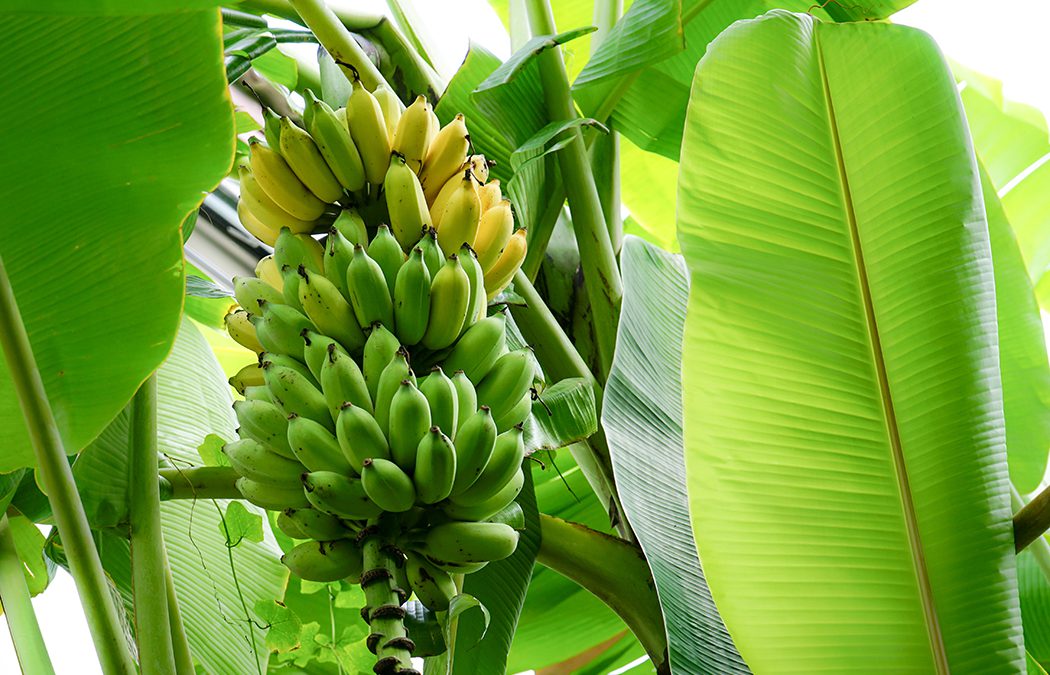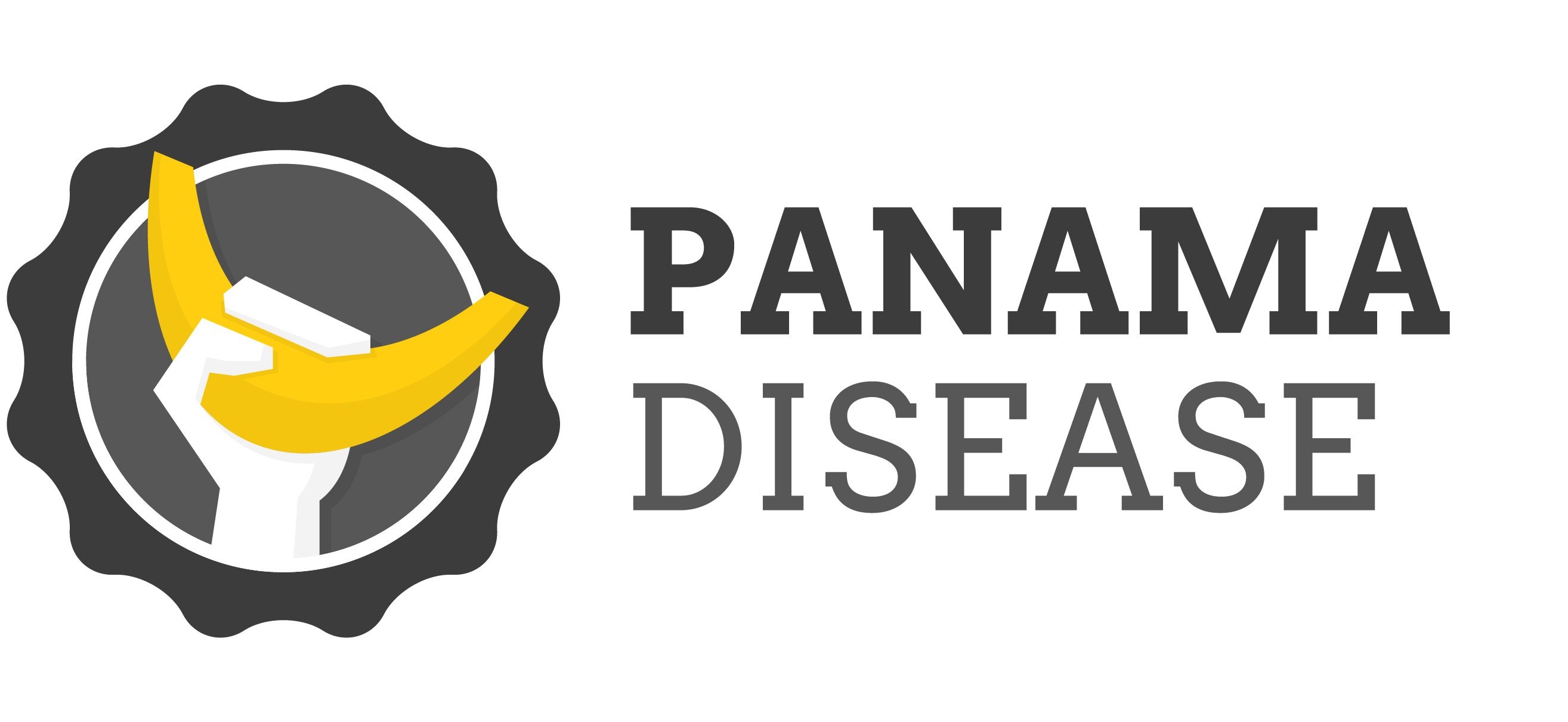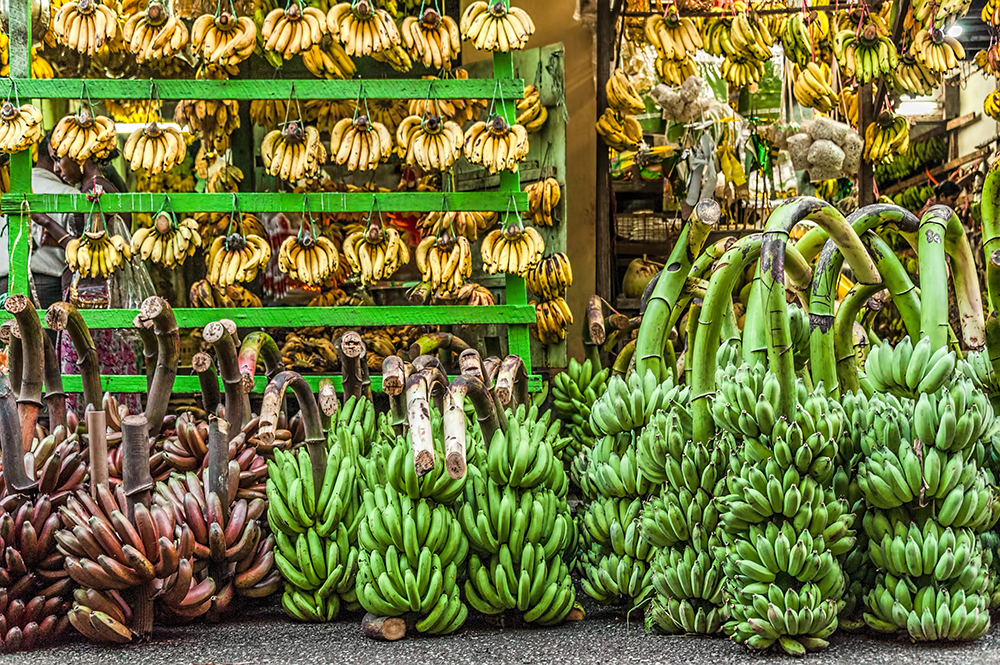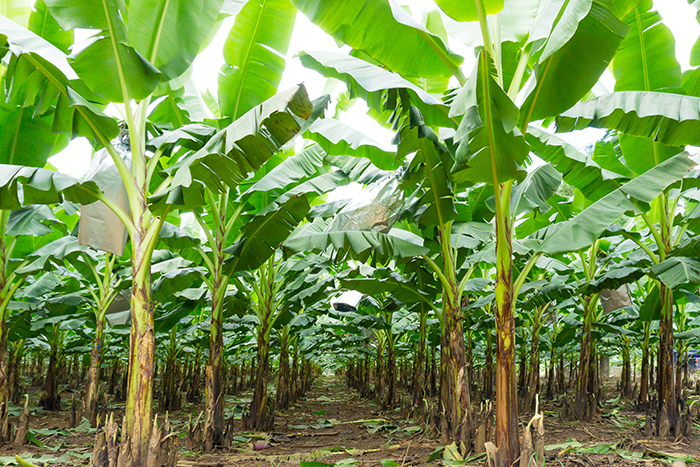
PhD managing Panama Disease in the Philippines
On 27 August 2019 Maricar Salacinas defended her PhD research at Wageningen University on Fusarium odoratissimum Tropical race 4 (TR4) in the Philippines. In this research she used molecular diagnostic tools to examine the spatial dispersal, epidemiology and management options of Panama disease in the banana belt of the Philippines. The research contributes to the development of evidence-based and cost-effective management strategies in combating Panama disease.
One of the important outcomes for combating strategies was that the pathogen was found distributed across soil layers of up to 1 meter below the surface of profiles cropped with either Cavendish or local banana cultivars. Making the efficacy of field sanitation by burning inefficient to eliminate TR4 propagules in the soil and therefore it should be reconsidered.
Anaerobic soil disinfestation from two commercially available organic amendments as a biological option for Panama disease management showed promises under laboratory and field conditions to contribute to short-term management options to continue banana production in Panama disease affected farms.
Detection tool
A rapid and highly DNA specific detection assay based on Loop Mediated Isothermal Amplification (LAMP) for Fusarium odoratissimum Tropical race 4, was developed that is pertinent under laboratory and field conditions. This developed assay offers a powerful tool for epidemiological study on TR4 and is indispensable for implementing quarantine measures.
Bananas
Banana, either the cooking or the dessert type, is regarded as one of the most important staple or crop. Currently the global banana production is threatened by a destructive soil-borne fungus Fusarium odoratissimum Tropical race 4 (TR4) causing Panama disease in banana. The on-going dispersal of the pathogen raises the fear of the demise of our beloved banana. As of this writing, there is no concrete solution available to combat the disease, hence manifold of management strategies are explored. That these strategies are needed is made clear by the recent and first outbreaks in Latin America.



Recent Comments